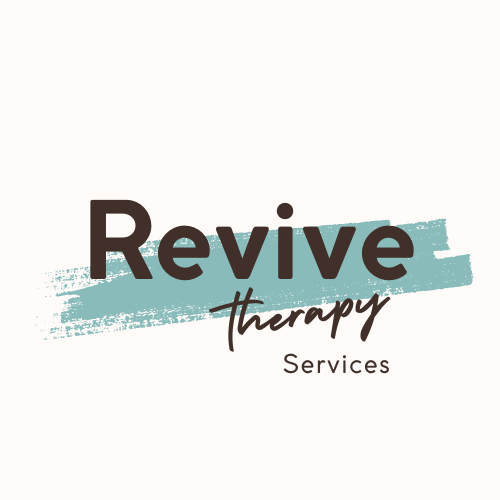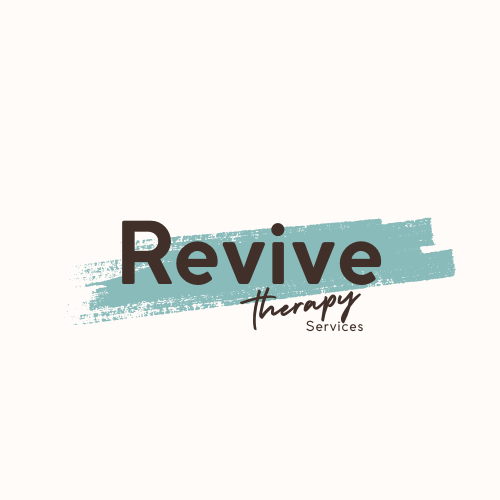When Healing Finally Feels Possible Again
Exploring how Ketamine helps us reconnect with ourselves — and what healing really means
There’s a moment I see happen in therapy sometimes.
Someone sits across from me, eyes tired, voice heavy, and says something like —
“I’ve done all the work. Why do I still feel like this?”
That sentence carries so much weight. Years of trying, reading every self-help book, showing up to therapy, journaling, meditating — and still feeling stuck in the same loop. For many, it’s not that they haven’t done the work. It’s that the work hasn’t reached the places that hurt the most.
And that’s where Ketamine-Assisted Psychotherapy — or KAP — can open a door that talk therapy alone can’t always unlock.
The Kind of Stuck You Can’t Think Your Way Out Of
If you’ve lived with trauma, depression, or anxiety for a long time, you know that understanding something doesn’t always make it feel better.
You can have all the insight in the world and still feel like your body didn’t get the memo.
That’s because healing doesn’t happen through logic — it happens through connection.
KAP helps bridge that gap. It’s not about escaping your pain; it’s about creating enough softness to face it differently. The medicine quiets the constant noise of self-protection — the loops of “what if,” “should,” and “I can’t” — long enough for something new to come through.
I often describe it as your brain finally taking a deep breath.
Not in a metaphorical way — in a physiological one.
What’s Actually Happening Inside the Brain
Trauma leaves tracks in the brain — deep pathways that keep us stuck replaying the same fears and beliefs: I’m not safe. I’m not enough. Nothing will ever change. These neural pathways become familiar highways, paved by years of repetition.
Ketamine, when used intentionally in therapy, works like a reset for those pathways.
It enhances neuroplasticity — the brain’s ability to form new connections — and in that space, you can finally start to experience the possibility of change instead of just talking about it.
I like to picture it like fresh snowfall on an overused trail.
You can carve a new route.
You can step somewhere different this time.
And suddenly, what felt impossible — hope, self-compassion, relief — starts to feel just a little more within reach.
The Moments That Change Everything
The science is incredible, yes. But what moves me most are the moments that happen in real time.
Like the client who, during her first KAP session, said through tears,
“I can finally feel my heart again.”
Or the man who said,
“For the first time, I understand what it means to forgive myself — not as a thought, but as a feeling.”
These aren’t grand, cinematic breakthroughs. They’re subtle, quiet moments when something inside begins to shift — when the body and mind start speaking the same language again.
Because that’s what KAP really is — a remembering.
Of safety. Of softness. Of your own capacity to heal.
KAP Isn’t About Fixing — It’s About Allowing
We live in a culture obsessed with fixing.
Fix your mindset. Fix your routine. Fix your trauma.
But healing isn’t about fixing what’s “wrong” with you — it’s about gently meeting what’s already there with compassion and curiosity. Ketamine can help create that internal space, where self-protection can rest long enough for your system to feel something new.
That’s often what’s missing in therapy that only stays in the mind.
The body doesn’t always trust safety just because the brain says it’s safe.
KAP helps your nervous system feel it.
That’s where the transformation really happens — not by forcing yourself to be different, but by realizing you no longer have to fight yourself to survive.
Integration: Where the Real Healing Happens
The medicine session is just one part of the process. What happens after — the integration — is where the experience becomes your life.
You might notice small changes first:
Feeling calmer after a difficult conversation.
Catching yourself being gentler toward your own mistakes.
Noticing beauty or joy where there used to be numbness.
Those are signs that something deeper is working its way through. During integration sessions, we help you make sense of what the experience brought up — how to carry those insights into relationships, self-talk, and daily rhythms.
In other words: the medicine opens the door, but you walk through it.
And therapy is what helps you find your footing on the other side.
Who KAP Can Help
KAP can be supportive for many people — especially those who’ve tried therapy before and felt like something was missing. It’s been shown to help with:
That unshakable feeling of “I’m doing everything right, but I still don’t feel okay.”
It’s not a one-size-fits-all treatment, and it’s not about chasing a quick fix. It’s about deepening your relationship with yourself — and giving your system a chance to truly rest, release, and rewire.
The Power of Feeling Safe Enough to Heal
When people talk about “healing,” it can sound abstract. But at its core, healing is about safety.
Feeling safe enough to be with what’s real — your grief, your longing, your anger, your tenderness.
Ketamine helps create that sense of safety internally. It turns down the volume on fear, allowing your body to finally exhale. That exhale is where healing begins.
Because once you can feel safe inside your own body again, everything changes. You can connect. You can create. You can love. You can imagine a future that feels possible.
That’s the heart of this work — helping people come home to themselves, one breath at a time.
If You’ve Been Wanting Something Different
If you’ve done years of therapy and you’re still waiting to feel the shift — you’re not alone. KAP might not be the first step in your healing, but for many, it’s the step that finally makes the rest of the work click.
At Revive Therapy Services, we integrate trauma-informed therapy, somatic work, and Ketamine-Assisted Psychotherapy to help clients find the kind of change that lasts — not just insight, but true embodied healing.
If you’re curious, you can book a consultation here. We’ll walk you through what to expect, how to prepare, and whether this approach might be a good fit for you.
Before You Go
If something in this resonated — if part of you felt a quiet “yes” reading this — that’s your intuition speaking.
Healing starts with feeling seen and supported. Our therapists, Salima and Mary, are here to walk with you through every step of that journey. We offer free consultations to see if our approach feels right for you.
Book your consultation today — we’d be honored to be part of your healing.
About Revive Therapy Services
At Revive Therapy Services, we specialize in trauma therapy that helps you relearn how to feel and heal. If you’re ready to stop running from emotions and start feeling safe in them, we’d love to walk that journey with you. In Philadelphia, PA we offer online and in person:
EMDR Therapy: Helps your brain reprocess stuck memories, core beliefs, and emotional patterns that live beneath the surface of your thoughts.
Somatic Experiencing: A body-based approach that helps you build tolerance for sensation and create safety within your nervous system, at a pace that respects your capacity.
IFS (Internal Family Systems Therapy): A compassionate, evidence-based approach that helps you explore and heal the different “parts” of yourself—like the inner critic, the people-pleaser, or the wounded child. Instead of trying to get rid of these parts, IFS helps you understand them, build inner harmony, and reconnect with your core Self—the calm, confident center within you that can lead the healing process.
Ketamine Assisted Therapy (KAP): A treatment that combines the medication ketamine with therapy to help people work through depression, anxiety, PTSD, or other mental health challenges. Ketamine can help your brain ‘reset’ some of the patterns that keep you stuck in negative thoughts or feelings, creating a window where it’s easier to process emotions and gain new insights. During sessions, you’ll have a guided experience with a trained therapist who helps you reflect, process, and integrate what comes up. The goal isn’t just the effects of the medication — it’s using that experience to support real, lasting changes in how you feel and cope
Craving the raw, unfiltered side of therapy conversations?
If today’s post resonated with you, I’d love to invite you to listen to my podcast Trauma, Tea, and Tangents! It’s a space for real talk about healing, resilience, trauma, and everything in between. Each episode blends trauma-informed perspectives with relatable conversations to remind you someone else is probably thinking what you are too! Available on all major platforms—just search for Trauma, Tea, and Tangents wherever you listen!
Subscribe to my Substack for more authentic conversations about trauma, healing, and navigating life as a human. This is my unfiltered, behind-the-scenes content that you won’t find on here!






